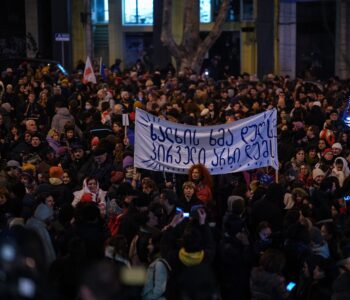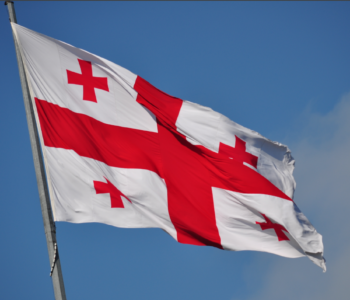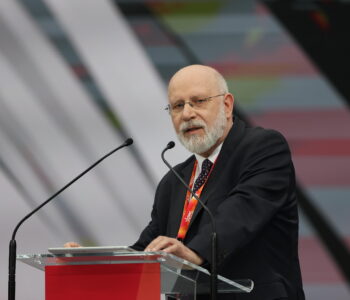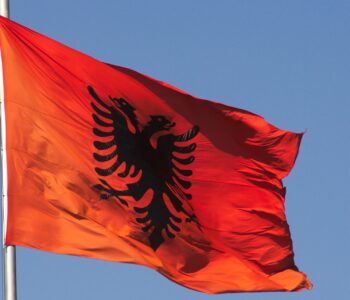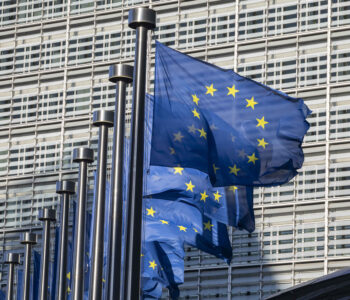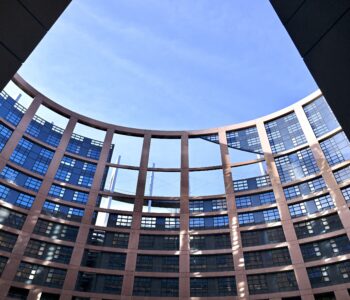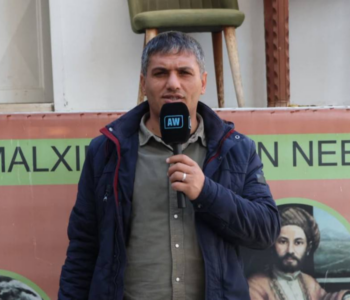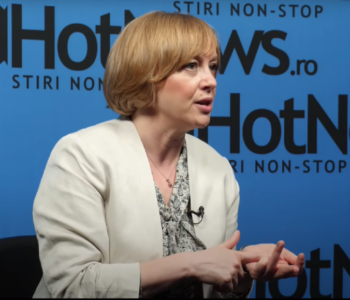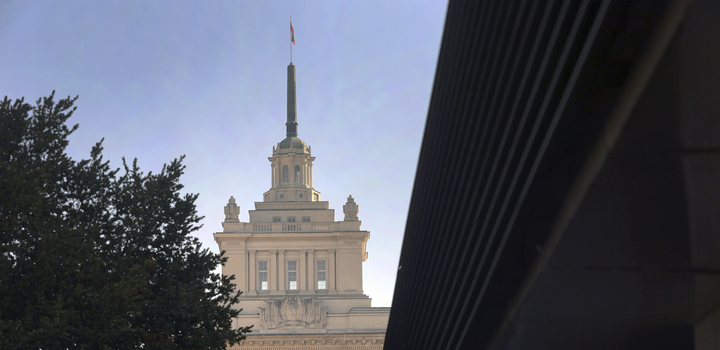
Report: Fragile media freedom progress in Bulgaria at risk of backsliding without urgent reform
While Bulgaria has experienced modest progress on media freedom in the last four years, the situation remains undermined by persistent structural, legal and political challenges, with urgent action needed by government and public authorities to push forward both domestic and EU-mandated reforms.
29.10.2025
While Bulgaria has experienced modest progress on media freedom in the last four years, the situation remains undermined by persistent structural, legal and political challenges, with urgent action needed by government and public authorities to push forward both domestic and EU-mandated reforms.
These are the key findings of a media freedom report published today following a three-day joint fact-finding mission to the country between 24-26 September by the partner organisations of the Council of Europe’s Safety of Journalists Platform and the Media Freedom Rapid Response (MFRR).
The full report – Bulgaria: Fragile media freedom progress in Bulgaria at risk of backsliding without urgent reform – is available to download.
It provides an executive summary of the key challenges facing media freedom and pluralism in Bulgaria in 2025. Thematic sections explore the safety of journalists, the Council for Electronic Media and the public broadcaster Bulgarian National Television. Additional sections address legal threats, SLAPPs and defamation, media pluralism and independent journalism, and access to information, public trust in media and disinformation.
The report also provides detailed recommendations to national authorities and government on measures that can be taken to improve the climate for media freedom in Bulgaria, as well as general recommendation to the journalistic profession within the country.
The report was produced following the mission, which was joined by ARTICLE 19 Europe; Association of European Journalists (AEJ); European Broadcasting Union (EBU); European Centre for Press and Media Freedom (ECPMF); European Federation of Journalists (EFJ); International Press Institute (IPI); Reporters Without Borders (RSF); Osservatorio Balcani e Caucaso Transeuropa (OBCT) and Index on Censorship. The local partner was the Association of European Journalists Bulgaria.
During the visit to Sofia, the delegation met with a range of professional media stakeholders, including leading journalists and editors from print, online, broadcast and investigative media, as well as media associations and unions, media experts and civil society. Separate meetings were held with the Bulgarian National Radio and the Bulgarian National Television.
Meetings were also held with the President; Ministry of Justice; Ministry of Interior; Council of Electronic Media (CEM); Office of General Prosecutor; Commission for Personal Data Protection; Central Election Commission and representatives of embassies.
Click here for more information about the Council of Europe’s Safety of Journalists Platform.
This mission was coordinated by the Media Freedom Rapid Response (MFRR), a Europe-wide mechanism which tracks, monitors and responds to violations of press and media freedom in EU Member States and Candidate Countries.

